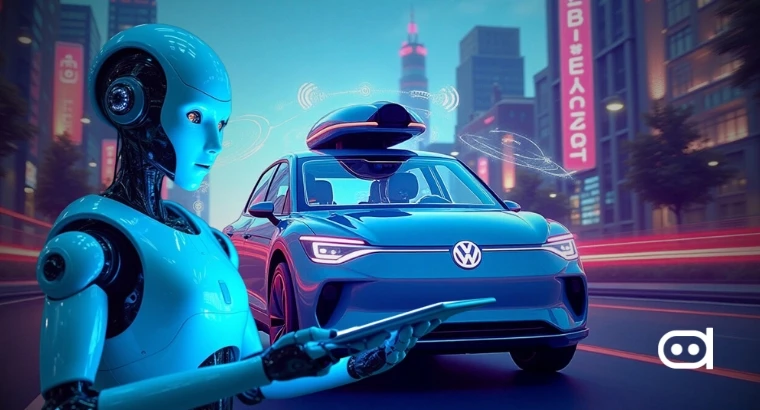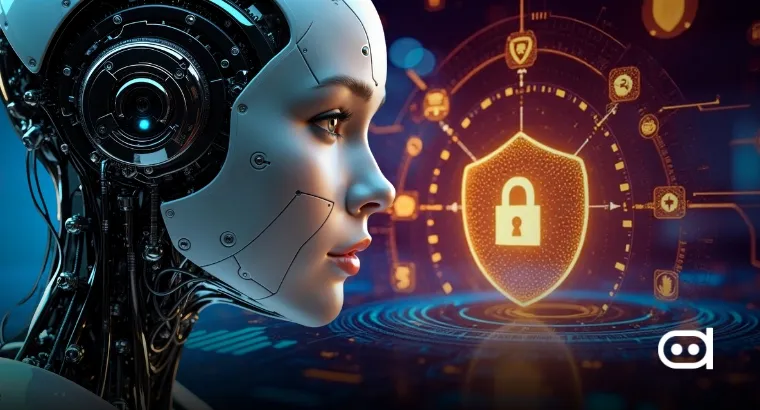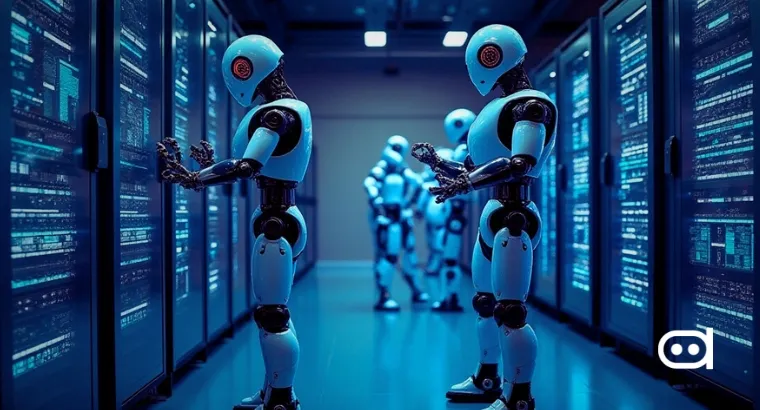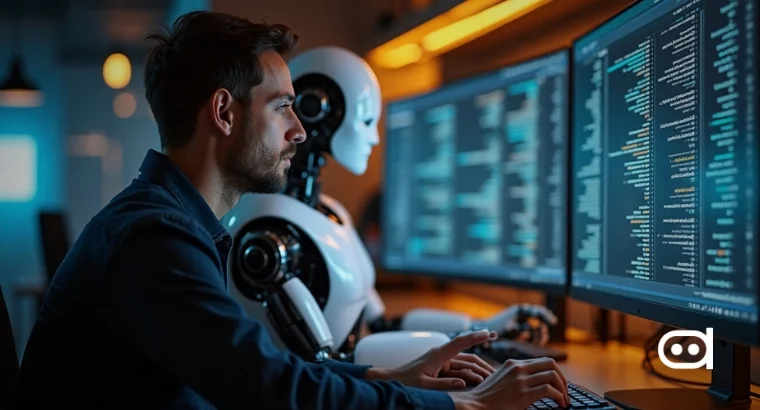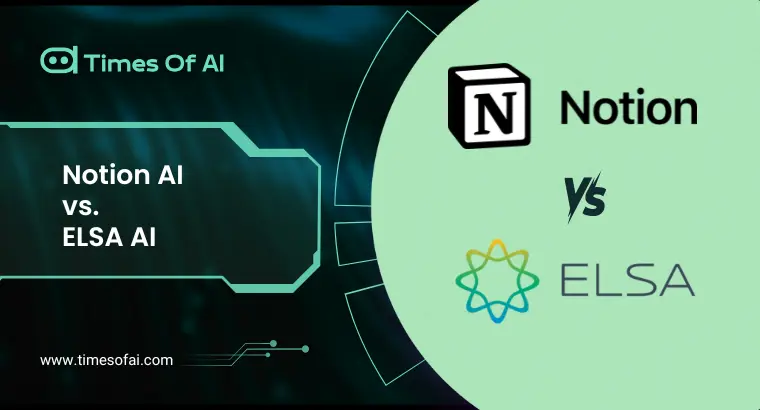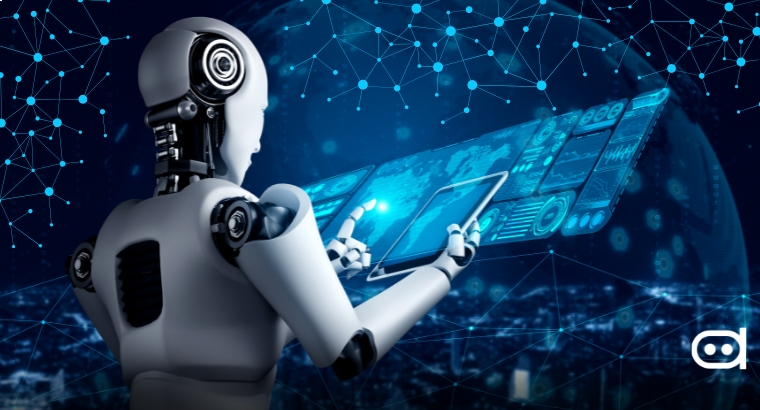
- The conversation between Yuval Noah Harari and Steven Bartlett delves into how AI is revolutionizing the workplace, shifting roles, and redefining career trajectories.
- As AI technology continues to advance, understanding its impact on the job market and future of work is crucial. Watch the full discussion to get in-depth insights.
The World of Employment is Shifting:
The AI revolution is much more than the change in technology; it involves a wholesale alteration in how work itself comes to be understood and executed. Harari and Bartlett outline the way AI is taking over routine tasks resulting in a reduction of traditional job positions. This means that people should focus on upskilling themselves and aligning with new job specifications. To remain relevant in an AI-driven era, workers must consider learning an endless process.
Re-Defining Human Roles:
Many jobs have changed with AI performing routine tasks. Harari recognizes creativity, emotional intelligence, and critical thinking as some of the most highly valued attributes. Jobs that demand these skills unique to humans would not be automated easily. Further, Bartlett states that this shift provides an opportunity for individuals to pursue more satisfying, intellectually stimulating careers.
Economic Implications:
In addition, there are serious economic consequences brought about by the AI revolution. On the one hand, Bartlett and Harari examine how artificial intelligence can boost the economy through increased productivity and efficiency. Conversely, this growth may be unevenly distributed, thereby leading to bigger income gaps among people, which may result from technological employment disparity (Bartlett & Harari 2015). Therefore, policymakers and business leaders will need to address these challenges if all workers are going to experience a smooth transition.
Read More: UK’s £1.3B AI Funding Cuts Spark Tech Sector Outrage
Ethical Considerations:
Incorporating more AI into workplaces calls for ethical considerations too. Importantly, Harari highlights responsible use of AI as vital towards realizing its potential benefits (Harari et al., 2018). In fact privacy concerns including bias perpetuation are only some examples besides data security issues during usage of artificial intelligence (Friedman & Felten 2017). For public trust in AI we need ethical practices.
Future Predictions:
In their book, 21 Lessons for The 21st Century Yuval Noah Harari and Steven Bartlett predict how Artificial Intelligence (AI) will continue to change work. They see a future in which humans and AI coexist, each leveraging the other’s strengths—a hybrid workforce. For this future to be achieved, strong policies and frameworks should be put in place to help manage the transition effectively and realize the full potential of AI.
Conclusion:
The impact of the AI revolution on the future of work is far-reaching. Yuval Noah Harari and Steven Bartlett outline three key responses to managing this transition: embracing change, focusing on uniquely human skills, and ensuring the ethical use of AI. By so doing, we can make sure that AI no longer competes with humans but instead works together with them toward greater productivity while achieving personal satisfaction.

